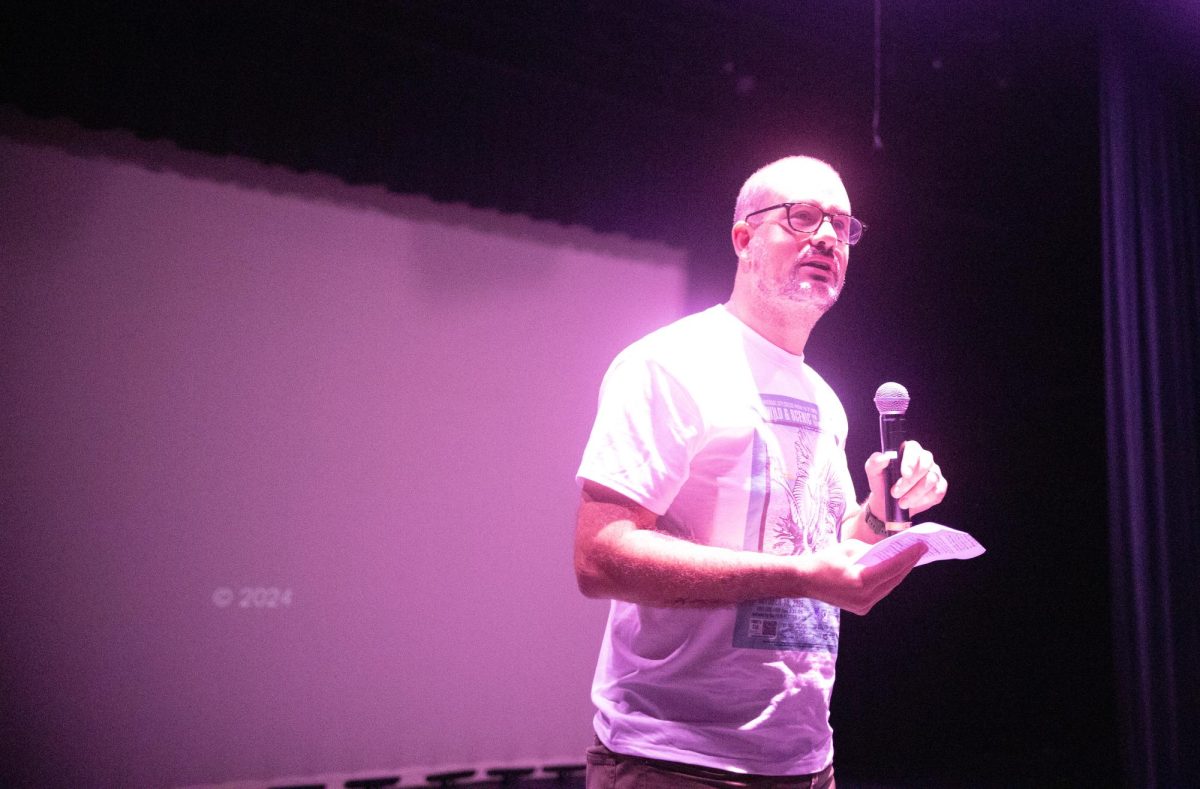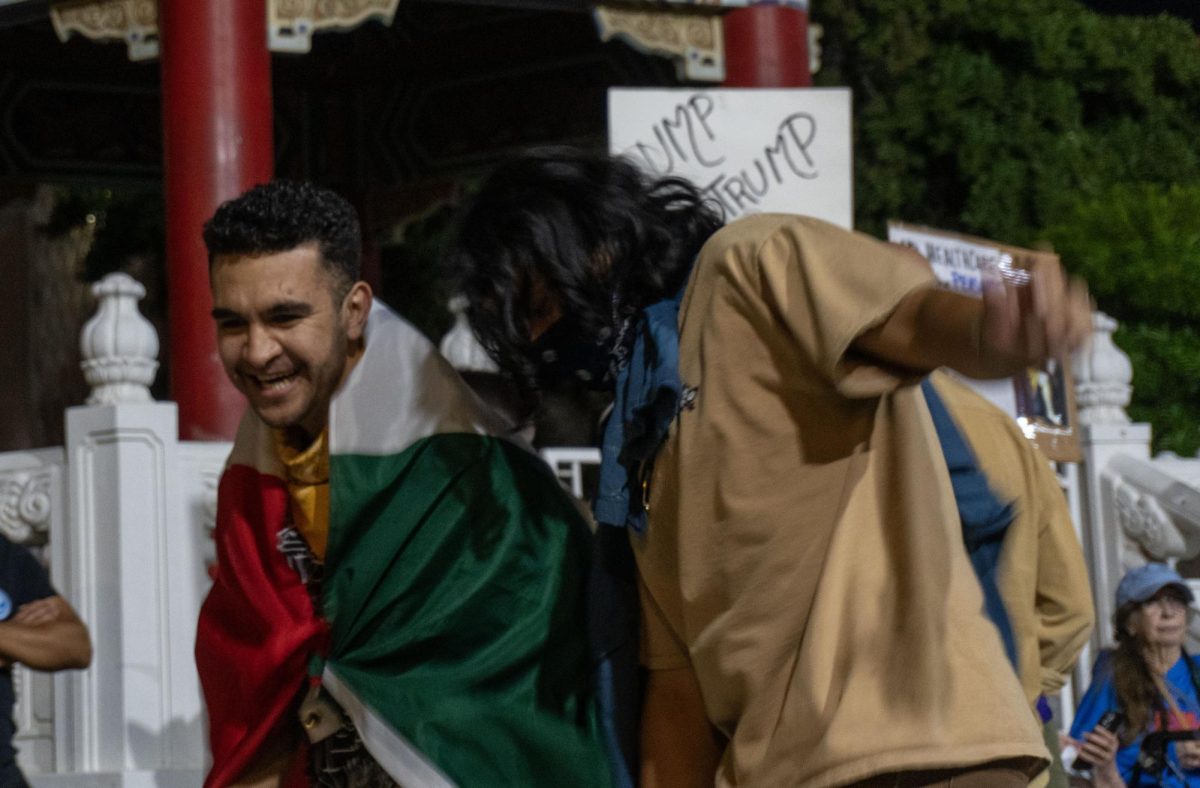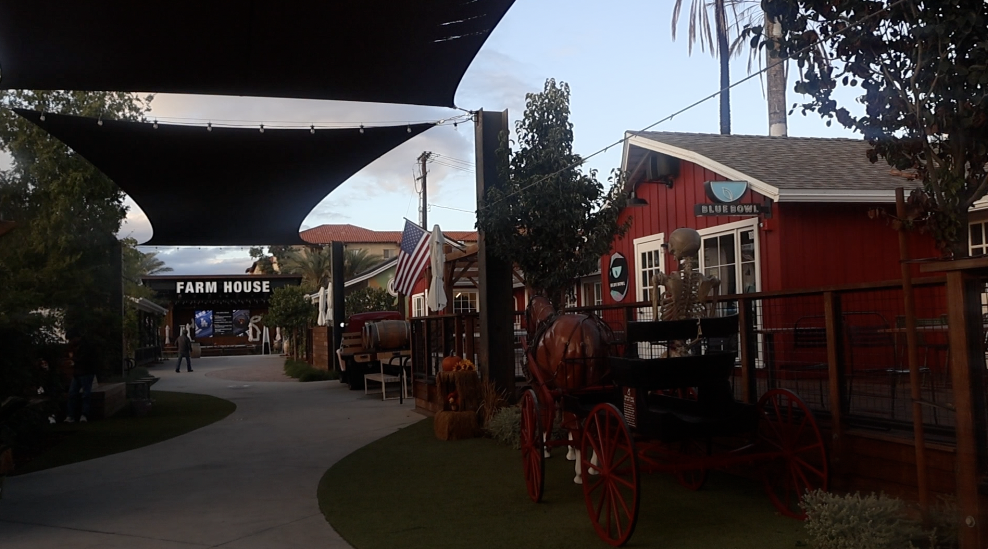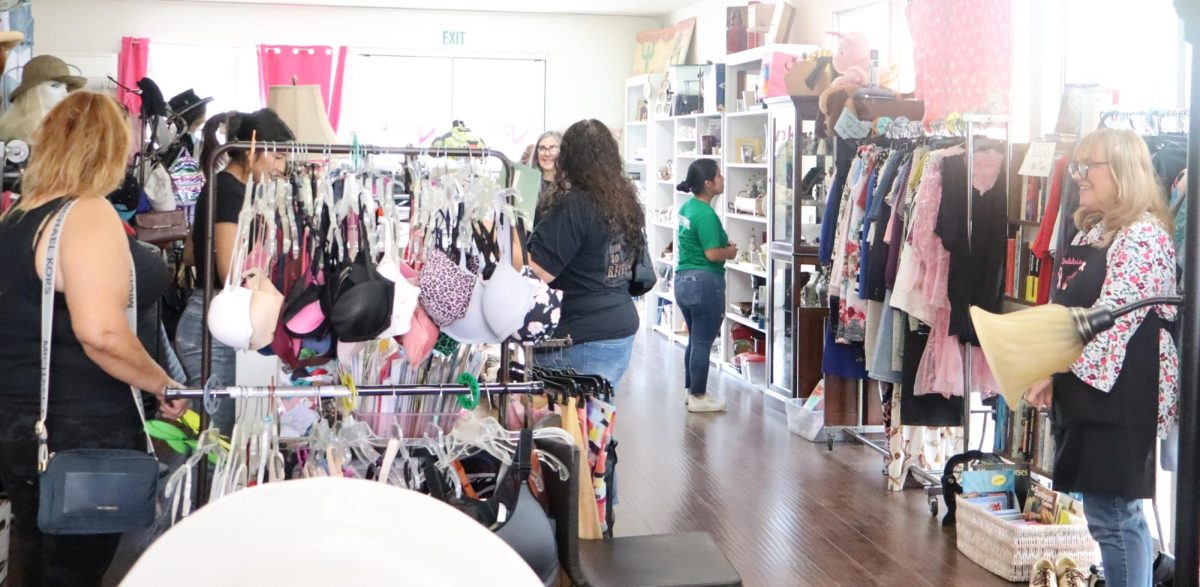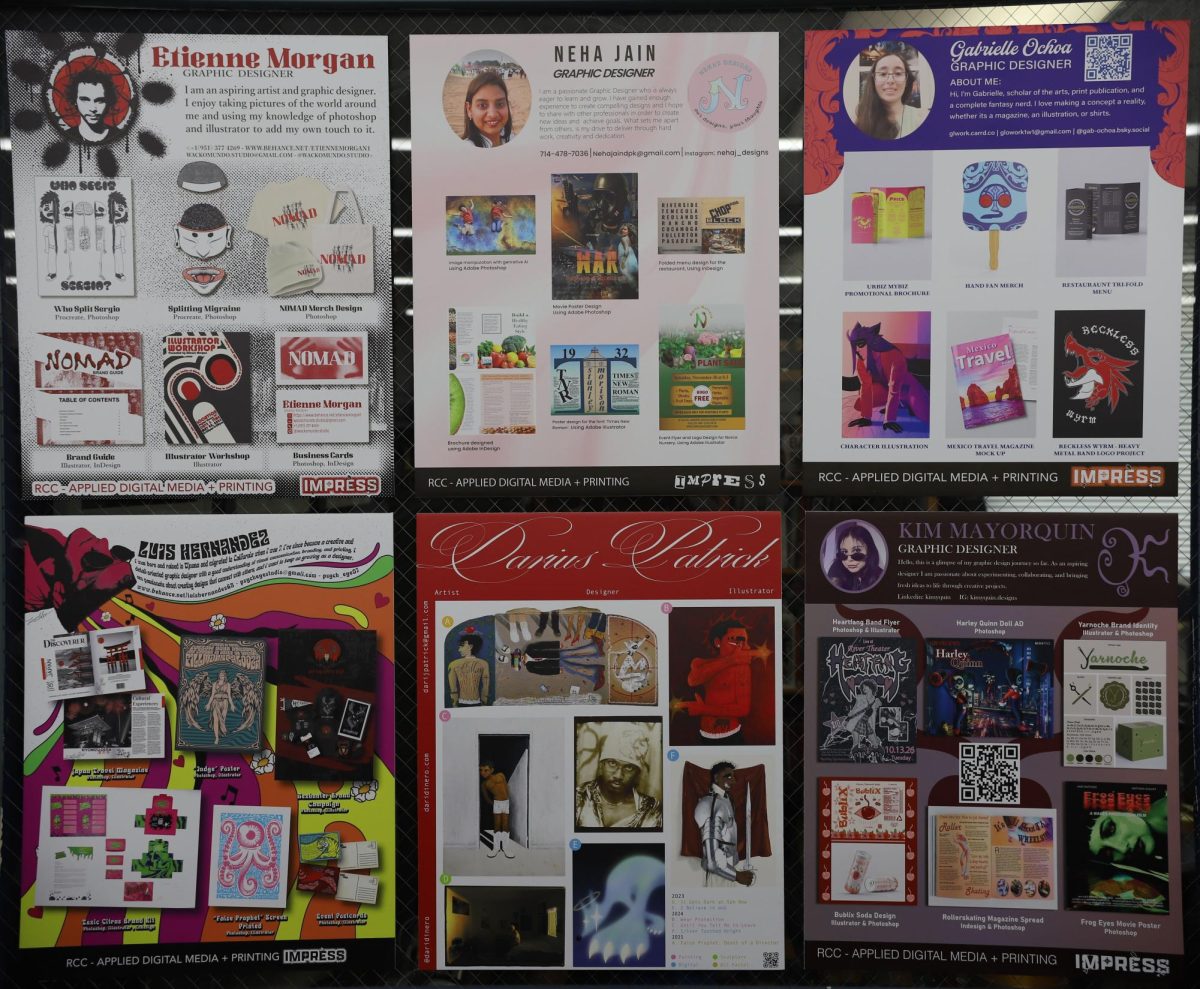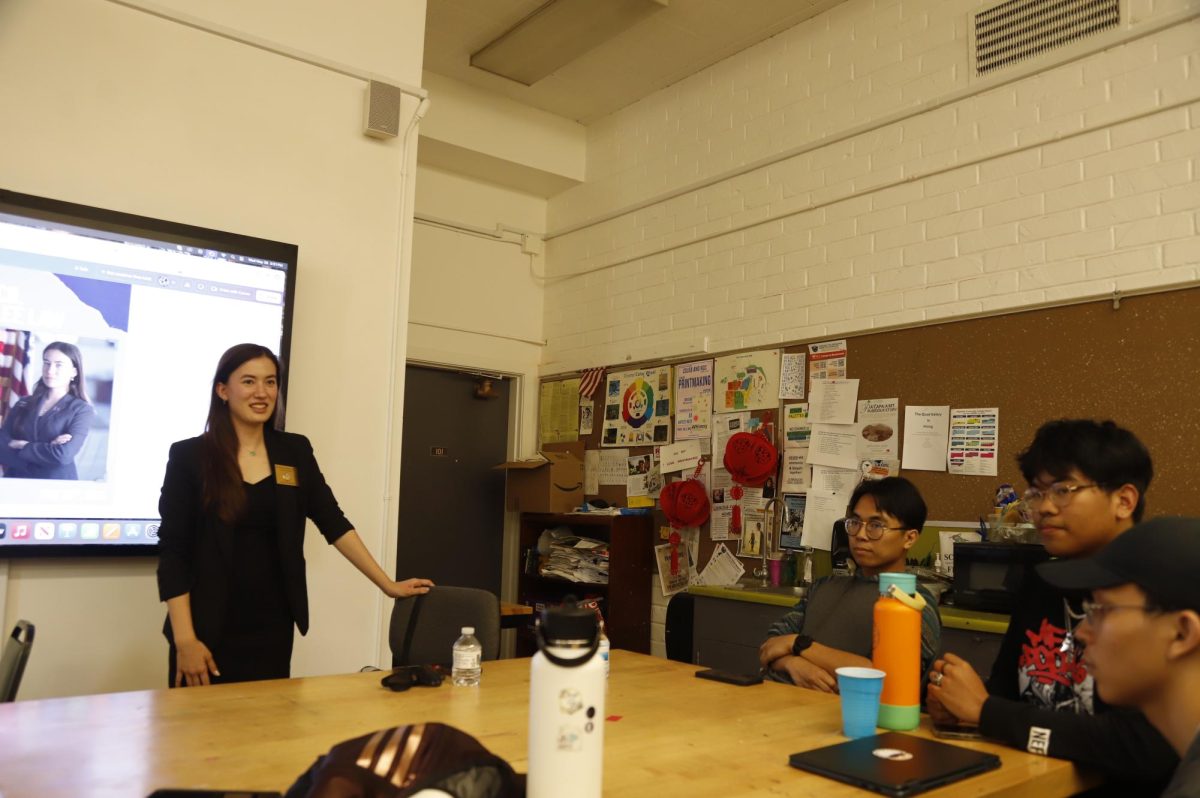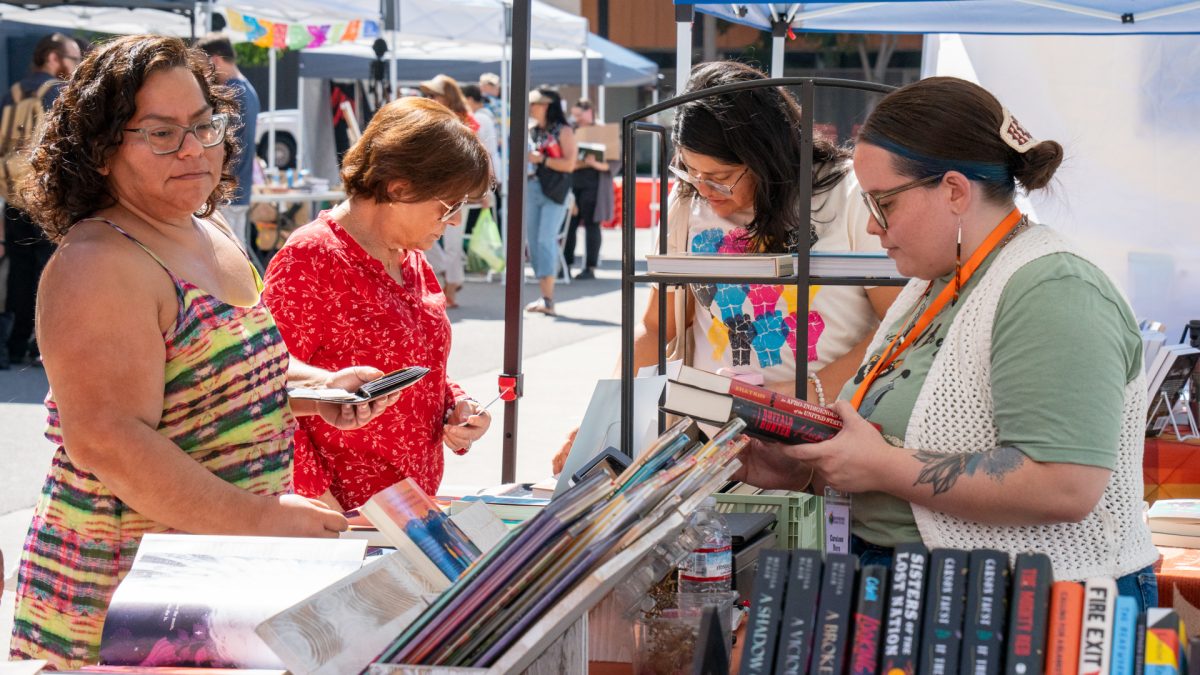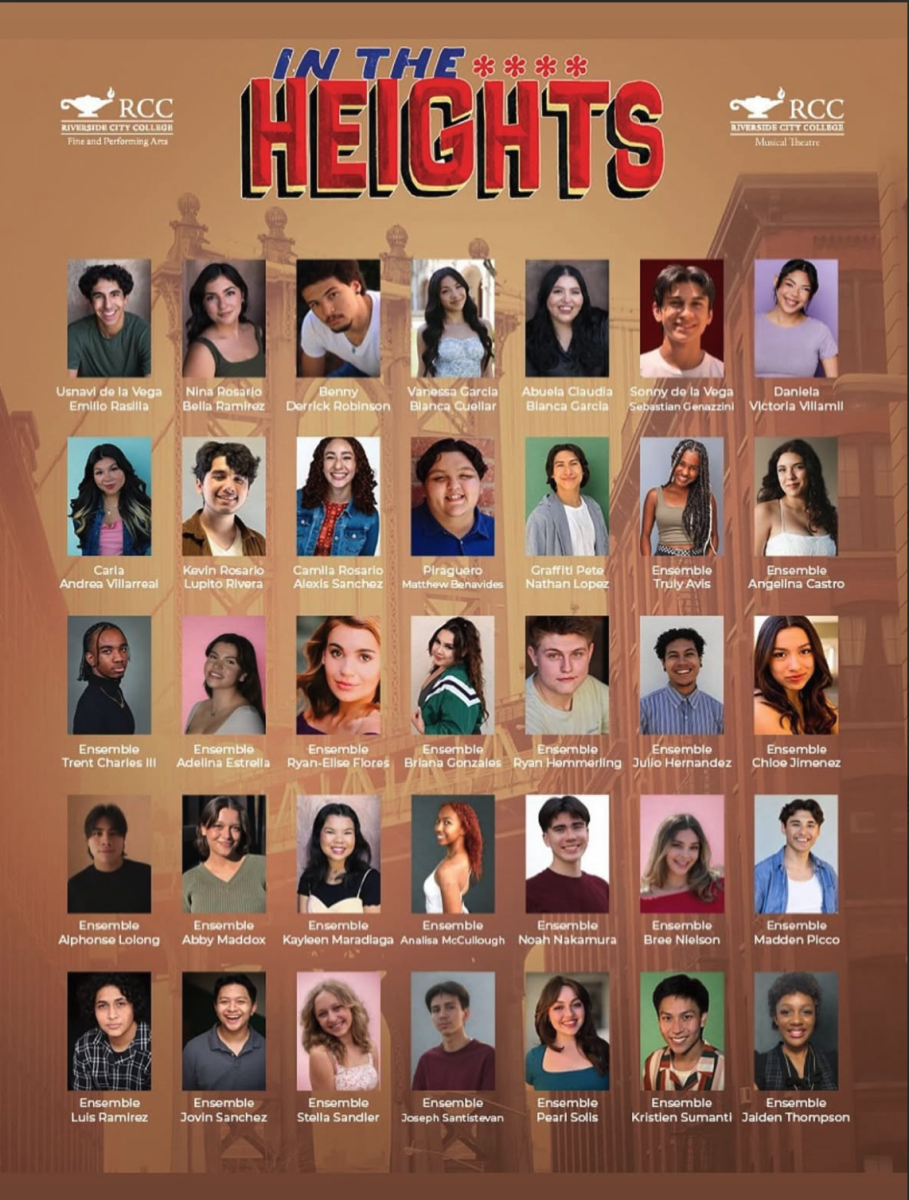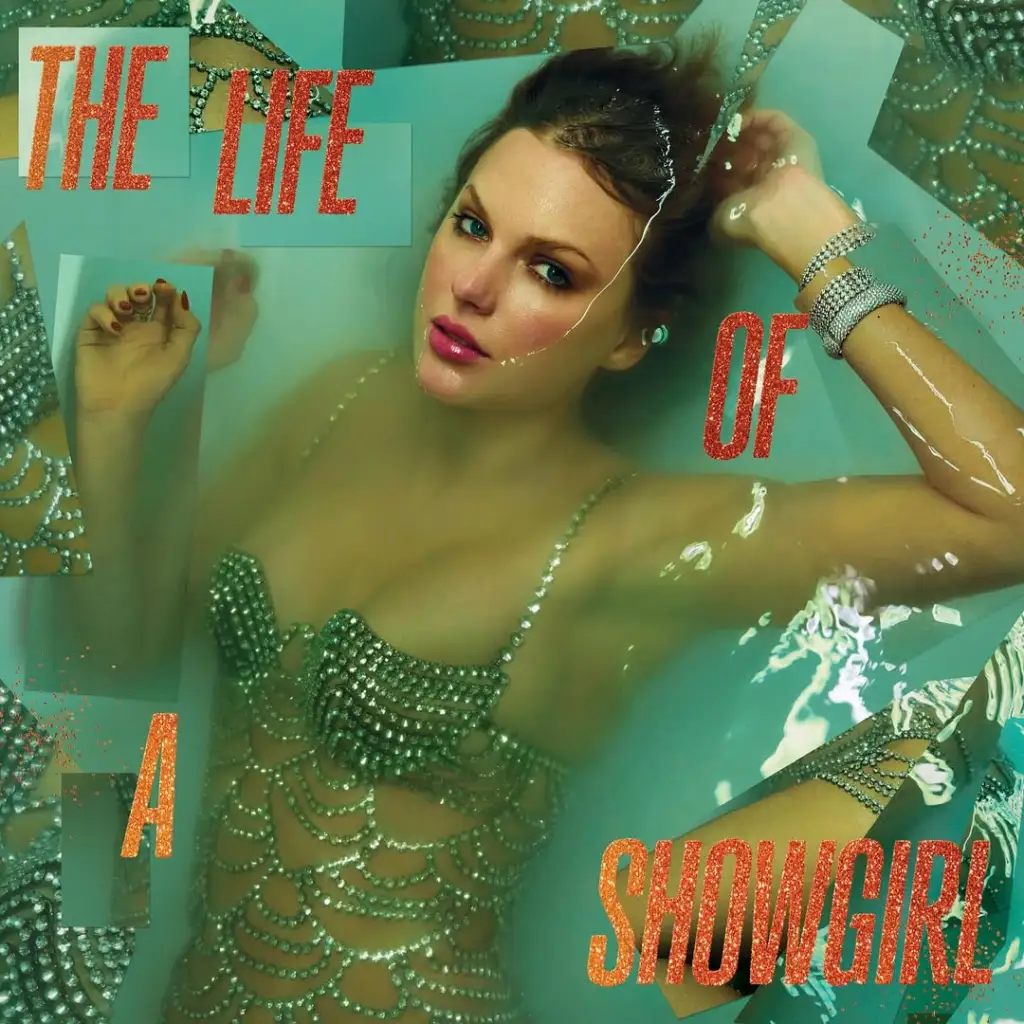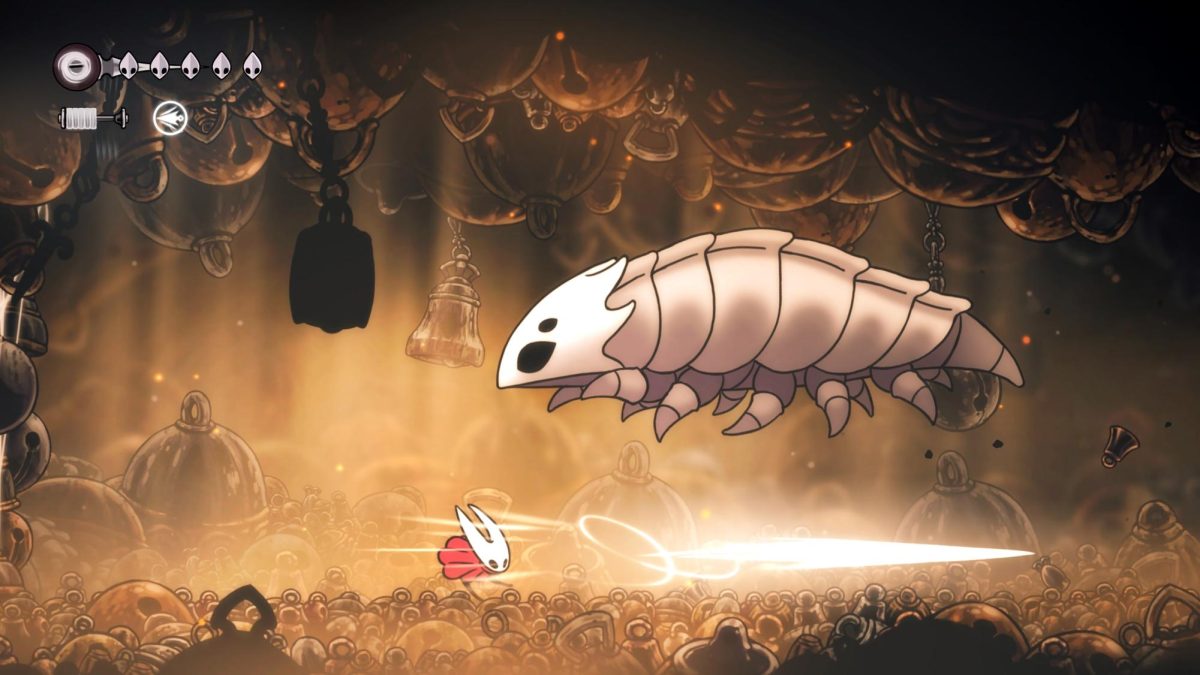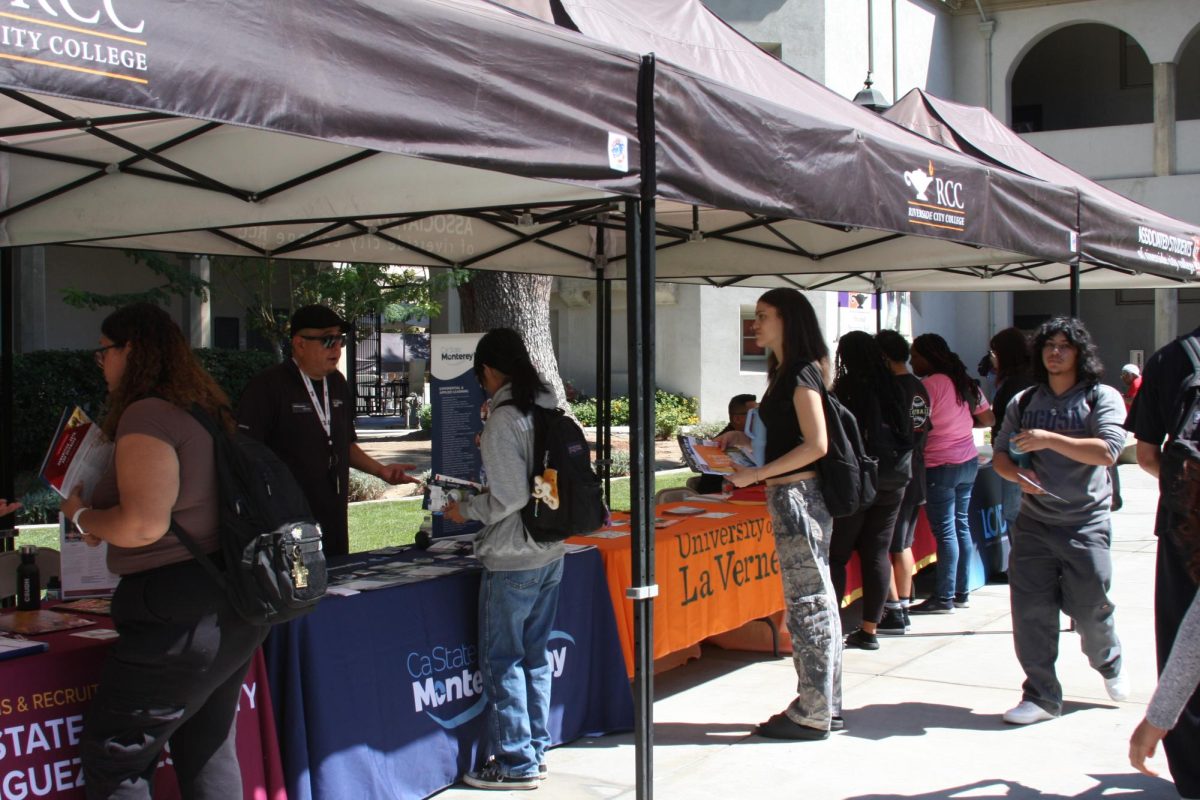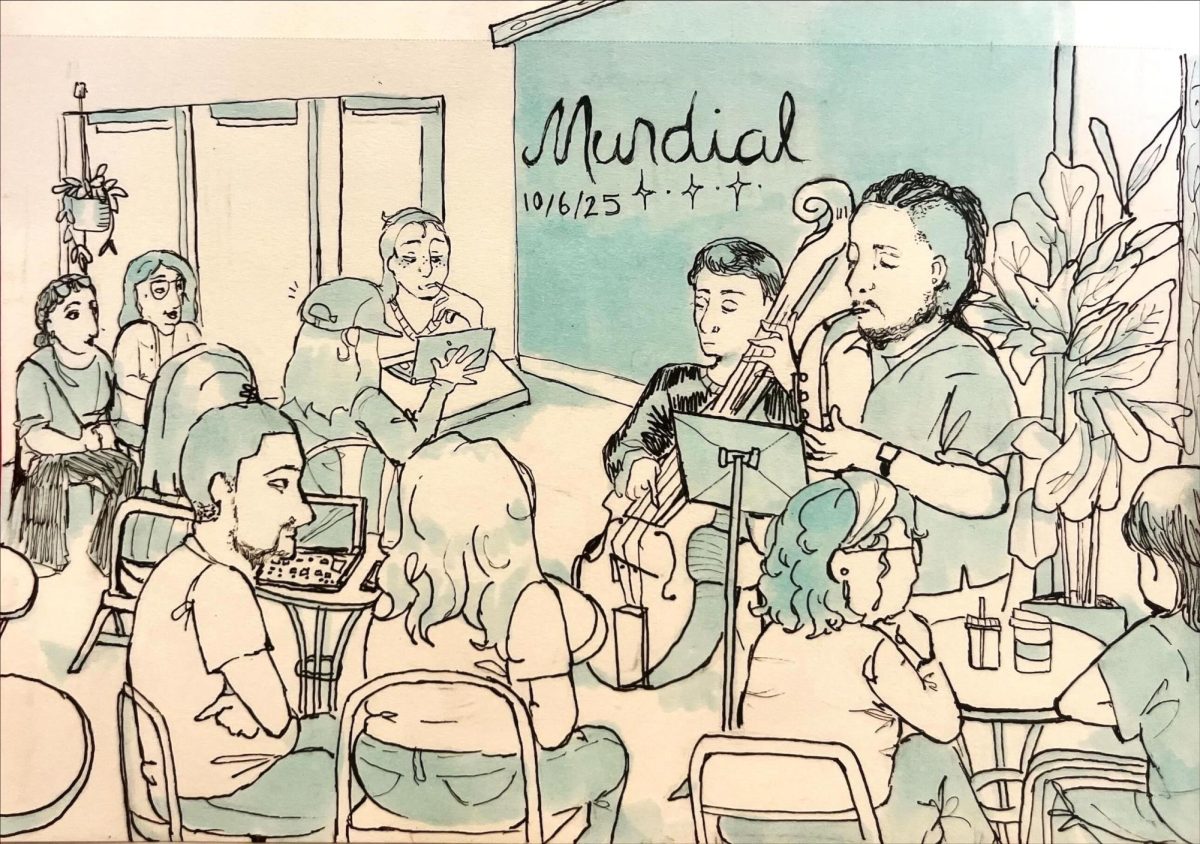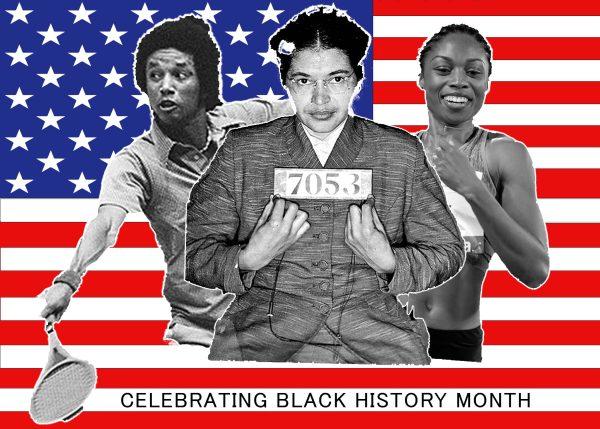
By Daesha Gear
Riverside City College’s Umoja community and Ujima organization, student engagement and equity programs for Black students are honoring Black History Month and its impact on Riverside.
Both programs will celebrate the month by hosting events that analyze the aspects of Black culture, historical events and influential figures.
Oliver Thompson, an instructor of administrative justice, was an influential figure in both programs. Umoja will be commemorating Thompson, whose family experienced the Tulsa Race Massacre. The racially motivated attack occurred 101 years ago when a White mob targeted and decimated a prosperous Black business district and neighborhood in Tulsa, Oklahoma, referred to as the Black Wall Street.
Students and faculty members will also reflect on Black History Month’s symbolic events from the Reconstruction Era to the Civil Rights Movement and up to the present-day United States.
“(Black History Month) means that it’s a time where we should all reflect on the repercussions that, as a society, we’ve created (for) Black people,” Daniel Calderon, a dance major, said.
Black History Month serves as a reminder for Sharon Walker, a Umoja educational advisor, that this month is not a one-time occurrence — it’s everlasting.
“Black History Month isn’t just one month for me; it’s all year long,” Walker said. “It is an important month because it’s just a reminder of all of the wonderful things and wonderful history and culture that we have.”
According to some students and faculty, society needs to progress further.
“My ancestors, they’ve done so much to get me to this point, and it’s up to me and everyone after me to get further to where Black History Month isn’t a month — it’s something that you learn throughout the year, throughout your life,” said Daxia Tilghman, Ujima president and political science major. “(Black History Month) also reminded me that this isn’t normal. Our society is not normal, and we need to change that.”
Emmanuella Otubuah, a biology major, and others are taking the initiative to understand further the often overlooked historical contributions of African Americans.
“It’s about learning about all the Black history and how this country came to be,” Otubuah said. “We don’t really talk about Black history here as much as we should.”
Like Otubuah, honoring Black History Month holds a greater meaning to understanding one’s origins for students like Chimdaalu Ezeunala, Ujima secretary and psychology major.
“I’m not that connected with Nigeria as I should be,” Ezeunala said. “So it’s my time to take a step back and reflect to see how hard my mother, father, aunts, uncles and cousins worked. All of them came from Nigeria and had to build a life in a new continent, so it’s (Black History Month) personal to me.”
As emphasized by some, this month reflects on the reality of the bigoted mindset that existed in past-eras.
Societal issues like institutionalized racism, police brutality and voter suppression that activists have fought against throughout history are becoming more prevalent in American society.
“It definitely is an issue, and it does need to be addressed,” Walker said. “There’s got to be some sort of accountability because the reason why (racial inequality) continues the way it does is because of the lack of accountability.”
These racial inequalities occurring in present-day society bring an honest question to those at RCC: has society fully progressed?
“I don’t think so — It still happens a lot, like police brutality and people getting arrested for no reason because of their race,” Samantha Munoz, a biology major, said. “A lot of bad things are happening. Still, I don’t think (society) has improved that much, to be honest.”
Due to the widespread commonality of racial inequalities across marginalized communities, individuals are devoting their time to challenge societal standards.
“I think it’s a really big issue because it’s the root of many problems that are affecting a lot of people in society,” Calderon said. “And the fact that minorities are still so suppressed is enraging because I’m in this society, I am part of it, so I want to actively do things to change that.”
The dedication to continuously inspire change, like those during historical periods, exists in the diverse backgrounds at RCC.
“As a generation, we are doing such a great job of making it known that we are fighting for this right,” Otubuah said. “I feel people are starting to see it and start to walk with and protest with us because it’s a change that (needs) to be made.”
Question: What historical contributions made by notable African American figures are impactful and inspirational to Black History Month?
Below are the prominent Black leaders RCC students found inspiring:
Student: Emmanuella Otubuah
Figure: Allyson Felix
“I used to be a track star in high school, and I have the two highest records for long jump and triple jump, but I really looked towards her because she is a runner,” Otubuah said. “She’s also a mother, and I realized that because of her being a mother, she lost a lot of her endorsements, and I really didn’t think that was fair because of the record she had.”
Student: Gregory Johnson
Figure: Amiri Baraka
“It’s his poetry, it’s the way he was able to use words to provide an impact to what was going on in society,” Gregory Johnson, Ujima officer and nursing major, said.
Student: Daxia Tilghman
Figure: Arthur Ashe
“He was a tennis player as well as an activist; he suffered from HIV/AIDS, and he did a lot to advocate for people’s health and advocated against anti-homophobic campaigns,” Tilghman said.
Student: Peter Kim
Figure: Frederick Douglass
“He has such a great articulation on the way that he feels that he and his brothers feel about this whole problem that we have,” Peter Kim, a computer engineering major, said.
Student: Samantha Munoz
Figure: Rosa Parks
“I think because she was a woman,” Samantha Munoz said. “Also, there was a lot of discrimination back then for women, and she was also Black, and she stood up for herself.”
Student: Daniel Calderon
Figure: Simone Biles
“I was a gymnast too, and like I know what type of environment gymnasts deal (with) sometimes — sadly regarding psych and all of that stuff,” Calderon said. “And I just think that she’s a powerful woman that has a lot of things to say and a lot of things to show to the world.”

